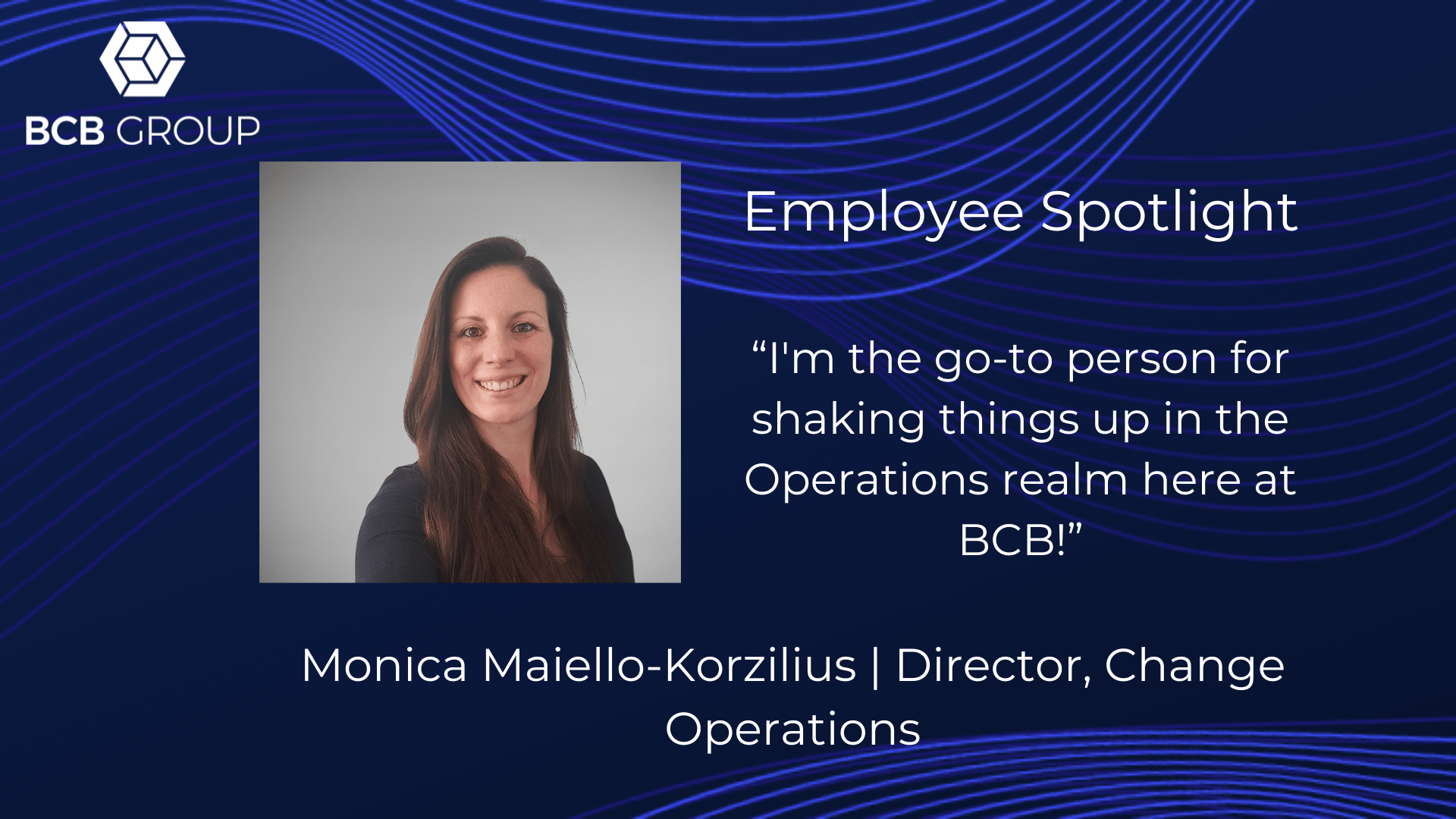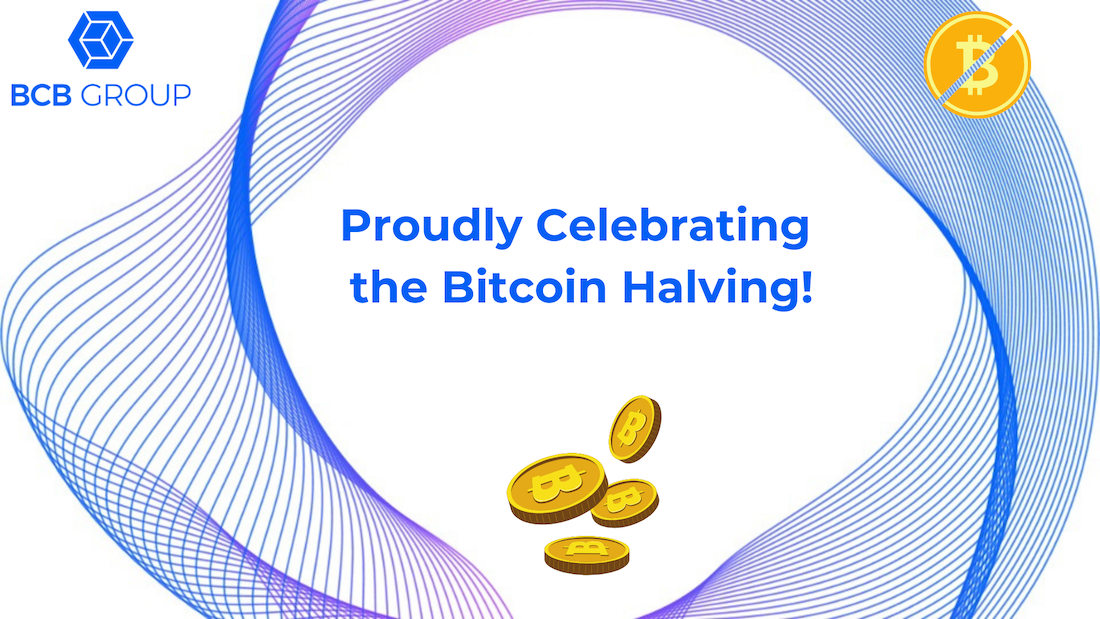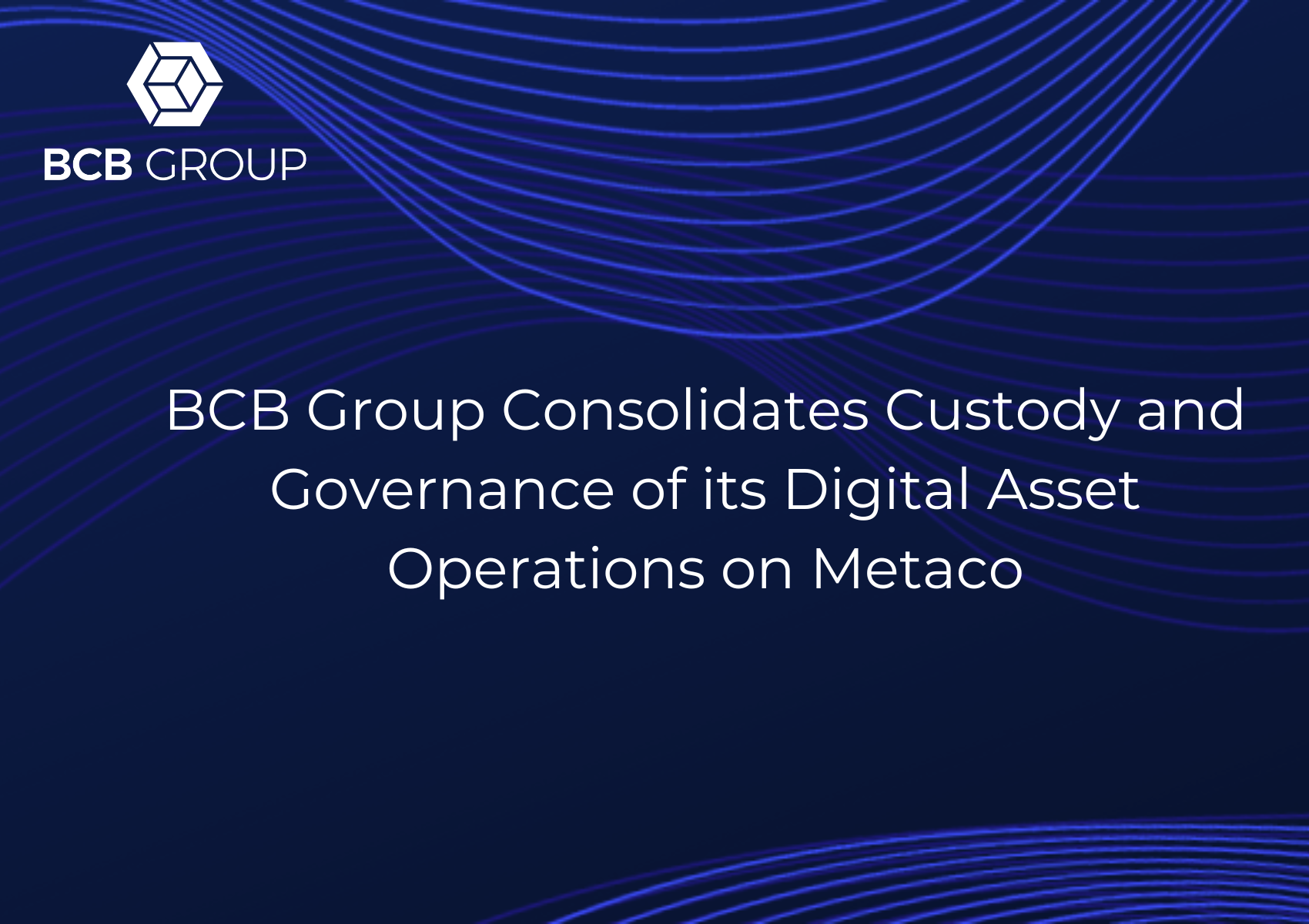weekly roundup – JP Morgan, Bank of England and ErisX Reports
Here’s our roundup after a busy week across the industry. We’ve included some exclusive BCB content from our recent keynote at Coinscrum’s institutional event, plus we look at some of the big reports to hit the space this past week.
Sweden’s Central Bank Starts Testing Digital Currency E-Krona
In a recent press release, Sveriges Riksbank announced it has begun testing its digital currency e-krona. The e-krona, meant to be a complement to cash, will allow users to make payments, deposits, and withdrawals through a mobile app. It will involve a two-tier process whereby the central bank will first issue e-krona to participants such as banks, and then participants will distribute the digital currency to end-users.
The central bank is working with consulting giant Accenture on the pilot project, which is built using R3’s Corda network. Sweden now joins the race to launch the world’s first central bank digital currency.
Bank of England Working Paper – Blockchain Structure and Cryptocurrency Prices
The Bank of England published a working paper last week which posits that speculation in bitcoin can depress its price, not the other way around as in “normal” economics. This is because of the limited block size – a higher demand for speculation crowds out other use cases, diminishing the potential value of bitcoin, which will reduce the demand for speculation.
It’s a circular argument and it somewhat overlooks that most speculation is in derivatives these days, which don’t settle on the blockchain and therefore don’t take up any block space. So an interesting theory, but not necessarily applicable.
Vitalik Buterin Explains the New Tech Behind Eth 2.0 – Where Do Things Stand with the Tech Overhaul of the World’s Second-Largest Blockchain?
Eth 2.0 is the next iteration of the ethereum blockchain, incorporating novel protocol designs such as proof-of-stake (PoS) and sharding. PoS consensus algorithms reward cryptocurrency investors for holding the network’s native currency. Holding the currency validates blockchain transactions and protects the network itself. Eth 2.0 scientists expect sharding – a method of grouping ethereum holders together for transaction validation – to improve transaction speed on the network. Ethereum creator Buterin explains in an interview at ETHDenver.
ErisX Insights – Comparing Gold to Crypto Markets
Institutional crypto exchange ErisX published an opinion piece comparing gold markets to crypto markets. Its sheds helpful light on the development of the crypto sector’s market infrastructure, and shows how the existence of a futures market makes pricing in the spot market more reliable.
JP Morgan’s Blockchain Report
This year’s JP Morgan Perspectives report, published last Friday, contends that blockchain has seen more extensive use among companies like stock exchanges. Among the key conclusions are that they “see the long-term potential for Distributed Ledger Technology (DLT) to transform banks’ business models by providing efficient and resilient information transfer and storage once sale has been achieved.” However, that declaration comes with the caveat that the pace of progress will depend on resolving legal and technical concerns, particularly “cross-platform integration.”
Why Interest Rates on Cryptocurrencies Could Be a Game-Changer
An interesting opinion piece on how lending and borrowing cryptocurrencies is becoming an increasingly important sub-sector of crypto finance, and one that may end up shaping how the underlying assets themselves are valued and priced in the markets.
Keynotes and Panel Discussion from Coinscrum Institutional
Charles McGarraugh, Head of Institutional Markets at Blockchain.com, presents macro trends in the crypto markets and the panel discussion covers crypto market infrastructure: reinventing or rearchitecting traditional markets.
BCB Exclusive Content: How Enterprise DLT is Helping to Enable the Future of Digital Financial Services
We presented at the inaugural Coinscrum institutional event in London this month, along with our partners LAB577, and looked at how BLINC – BCB Liquidity Interchange Network Consortium – enables 24/7 global settlement.


